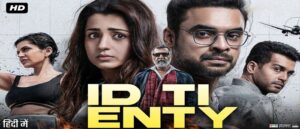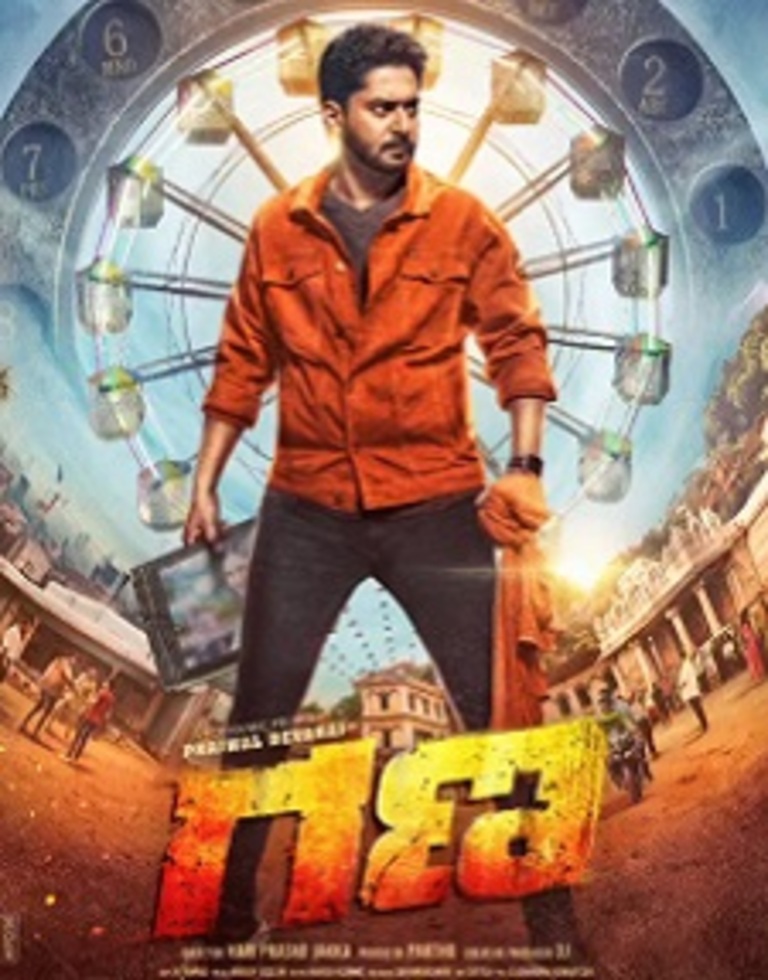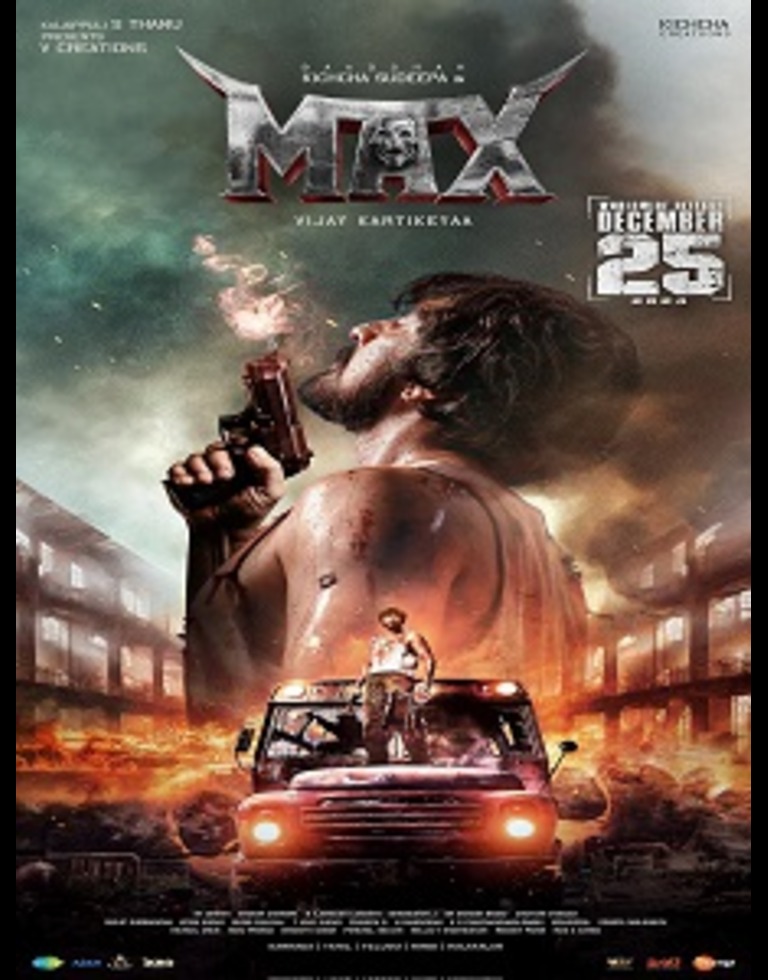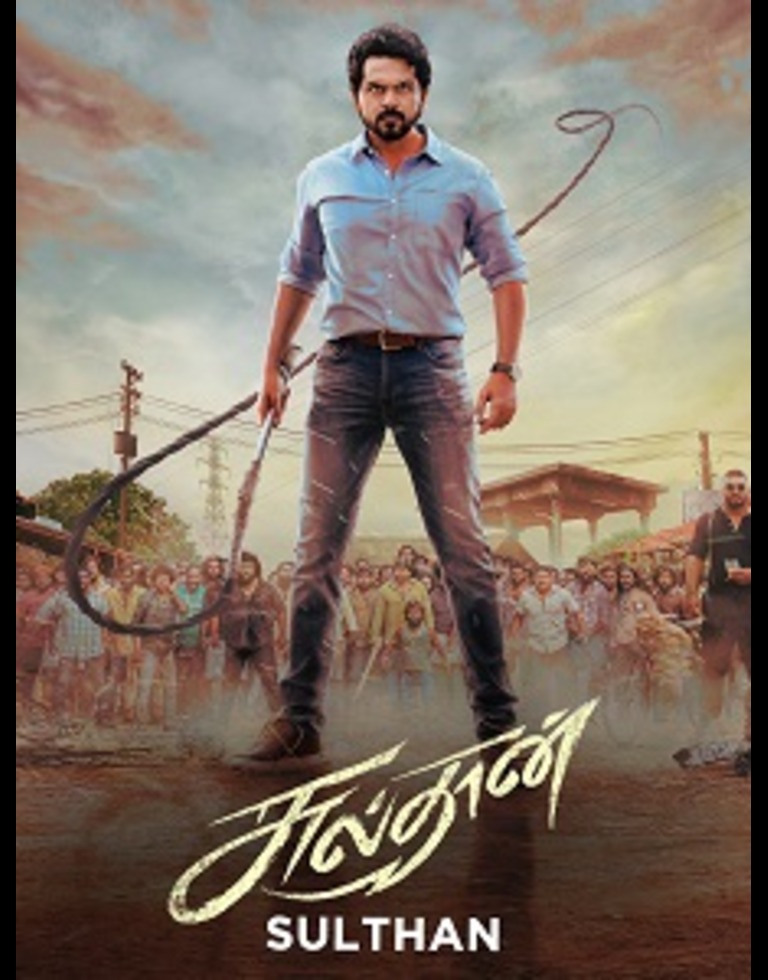

Identity (2025) is an intricate, taut psychological thriller that delves into the fragile layers of memory, selfhood, and deception. Directed by Neeraj Malhotra, the film weaves a moody, labyrinthine narrative around Rudra Mehra (played by Karan Singhania), a neuro-architect whose own past becomes the canvas for a chilling identity conundrum.
🧩 Premise & Plot
The story kicks in when Rudra wakes up in a remote forest lodge with no memory of how he arrived. Beside him lies a gun, a blood-stained shirt, and fragmented voices on a voicemail hinting he’s both victim and suspect in a mysterious disappearance. Stranded and disoriented, Rudra navigates a sequence of encounters—all of which challenge what he believes about himself.
Meticulously choreographed, the plot unfolds via alternating timelines: Rudra’s prior life—his work on memory-implant technologies, strained relationships with his wife Nina and protégé Aman—and his current fugitive existence. These threads are gradually strung together, revealing multiple layers of manipulation: unreliable witnesses, forged documents, and a murky conspiracy within the corporate and tech worlds.
As Rudra pieces together clues, the film ascends to claustrophobic tension. Every new ally—such as the conflicted lawyer Sahana and the cryptic private investigator Krish—could be an accomplice or an adversary. The climax arrives in an abandoned factory, where Rudra confronts the architect of the conspiracy and the truth about the missing woman—and about himself—burst into unsettling clarity.
🎭 Performances
-
Karan Singhania shines in the lead, navigating Rudra’s emotional range—from unmoored confusion and mounting paranoia to controlled fury and self-realization. He anchors the film with vulnerability and disturbing intensity, making us feel his doubts as intimately as his revelations.
-
Aisha Rathod, as Sahana the lawyer, brings restrained empathy. She subtly balances suspicion and compassion, giving Rudra’s desperate chase a human touch.
-
Zara Irani, as Nina, delivers haunting melancholy, reflecting the emotional toll of memory loss and relational fracture. Her scenes with Karan crackle with raw regret.
-
Arjun Behl, playing Krish the PI, maintains an enigmatic persona—watchful, cagey, essential to blurring the lines between friend and foe.
-
A supporting cast of corporate board members, police officers, and tech executives fill the background with believable stakes and moral ambiguity.
🎬 Direction & Screenplay
Neeraj Malhotra’s direction is confident and vivid. He crafts a tight, moody atmosphere—flickering lodge lights, jangled flashback fragments, stark corporate boardrooms saturated with tension. The editing stitches together memory and reality in a disorienting but coherent stream that mimics Rudra’s perspective without losing narrative clarity.
The screenplay, co‑written with Priya Sharma, is layered and meticulous. Dialogue—snappy, guarded, revealing—asks questions like, “Is memory proof of who we are?” and “Can technology ever override our truth?” Plot revelations are paced smartly; nowhere does the film dump all its secrets in a single rush. Instead, small reveals accumulate, building up to an elegantly unsettling finale.
🔊 Technical Aspects
-
Cinematography by Reena Joshi creates a visual duality: half-lit rooms, forest shadows, glass-walled corporate spaces—mirroring clarity versus ambiguity.
-
Background score thrives on low synth tones and rhythmic beats that rise during moments of tension. Music swells just enough to deepen suspense without overwhelming the dialogue.
-
Production design contrasts Rudra’s cozy home memories with clinical, cold tech labs, and damp forest lodges—heightening the feeling of displacement.
-
Editing is crisp yet atmospheric, achieving a slow-burn effect that rarely ekes into boredom. Viewers are kept off balance in precisely the right way.
⚖️ Strengths & Weaknesses
Strengths:
-
Strong lead performance: Karan Singhania delivers depth, fragility, and intensity—vital for a character grappling with his own erased identity.
-
Complex screenplay: The layered narrative resists clichés, using memory and tech themes to enrich the thriller format.
-
Mood and visuals: Atmospheric tension is built from light, shadow, and sound—not just action.
-
Ambiguous morality: The film resists easy answers about memory manipulation or conspiratorial corporate worlds.
Weaknesses:
-
Intellectual density: Some viewers may find the tech-jargon and philosophical dips heavy without payoff.
-
Slow middle act: Before momentum kicks back in, there’s a phase that lingers on exposition and memory reconstruction.
-
Fuzzy secondary arcs: Character backstories such as Nina’s trauma and Sahana’s motivations could use more depth.
🎯 Final Verdict
Identity (2025) is a cerebral, stylish thriller whose power lies in unsettling introspection as much as plot twists. It probes what identity truly means—and just how fragile selfhood can be when memory betrays us. With its strong performances, haunting visuals, and a smartly layered screenplay, it stands out in modern Hindi cinema’s psychological genre.
While slow at times and thematically dense, the film rewards patient viewers. If you enjoy enigmatic thrillers that challenge perception and identity, Identity holds a deeply resonant mirror to our understanding of the self.



